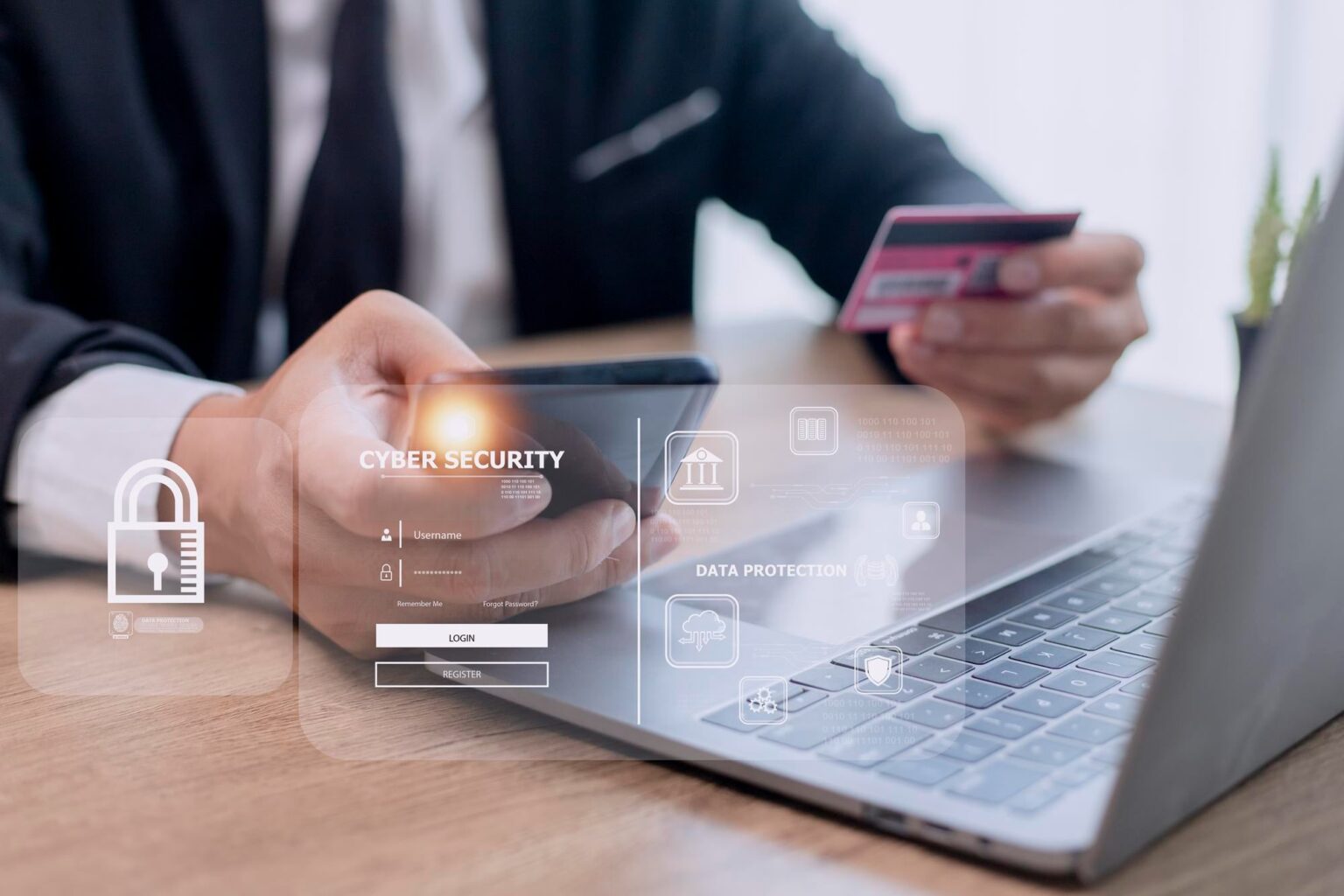Cybersecurity is a critical aspect of fintech, as the industry deals with sensitive financial data and operates in a digital ecosystem. Fintech companies must address cybersecurity risks to protect customer information, maintain trust, and comply with regulatory requirements. Here are some key considerations and measures in cybersecurity for fintech:
Risk Assessment and Management: Fintech companies should conduct regular risk assessments to identify potential vulnerabilities and threats. This includes assessing the security of systems, networks, applications, and data storage. By understanding the specific risks they face, fintech companies can develop appropriate risk management strategies and allocate resources effectively.
Strong Authentication and Access Controls: Robust authentication mechanisms, such as two-factor authentication (2FA) and biometric authentication, should be implemented to verify the identities of users accessing fintech platforms. Access controls should be in place to restrict user privileges and limit access to sensitive information based on roles and responsibilities.
Encryption and Secure Data Storage: Fintech companies should employ encryption techniques to protect data both in transit and at rest. Encryption ensures that even if data is intercepted, it remains unreadable without the encryption keys. Additionally, secure data storage practices, including regular backups and secure server configurations, help protect against data breaches and minimize the impact of any potential security incidents.
Regular Security Testing and Audits: Fintech companies should regularly conduct security testing, including vulnerability assessments and penetration testing, to identify potential weaknesses in their systems and applications. Independent security audits can also provide an objective evaluation of the company’s security posture and help identify areas for improvement.
Employee Training and Awareness: Fintech companies should prioritize cybersecurity training and awareness programs for their employees. This includes educating employees about common cybersecurity threats, safe browsing habits, phishing awareness, and data handling best practices. Employees should understand their role in maintaining the security of the organization and be aware of potential risks associated with their activities.
Secure Software Development Practices: Fintech companies should follow secure software development practices to minimize vulnerabilities in their applications. This includes conducting code reviews, adhering to secure coding guidelines, and integrating security testing throughout the development lifecycle. Regular software updates and patch management are also crucial to address any known security vulnerabilities.
Incident Response and Business Continuity Planning: Fintech companies should have a robust incident response plan in place to handle security incidents effectively. This includes clear procedures for detecting, containing, investigating, and recovering from security breaches. Business continuity and disaster recovery plans are also essential to ensure minimal disruption to services in the event of a security incident or system failure.
Compliance with Regulatory Standards: Fintech companies must adhere to relevant regulatory requirements and industry standards for data protection and cybersecurity. This includes regulations such as the General Data Protection Regulation (GDPR) and industry standards like the Payment Card Industry Data Security Standard (PCI DSS). Compliance demonstrates a commitment to safeguarding customer data and can help build trust with stakeholders.
Collaborations and Partnerships: Fintech companies can collaborate with cybersecurity experts and industry organizations to stay updated on emerging threats and best practices. Engaging with cybersecurity communities and sharing information can help fintech companies enhance their security posture and stay ahead of evolving cyber threats.
Continuous Monitoring and Threat Intelligence: Fintech companies should implement continuous monitoring solutions to detect and respond to security incidents in real-time. This includes intrusion detection systems, log monitoring, and security information and event management (SIEM) solutions. Staying informed about the latest threats and vulnerabilities through threat intelligence sources helps fintech companies proactively protect their systems and data.
By prioritizing cybersecurity and implementing robust measures, fintech companies can mitigate risks, protect financial data, and maintain the trust of customers and partners. The evolving nature of cyber threats requires a proactive and adaptive approach to cybersecurity, ensuring that fint



